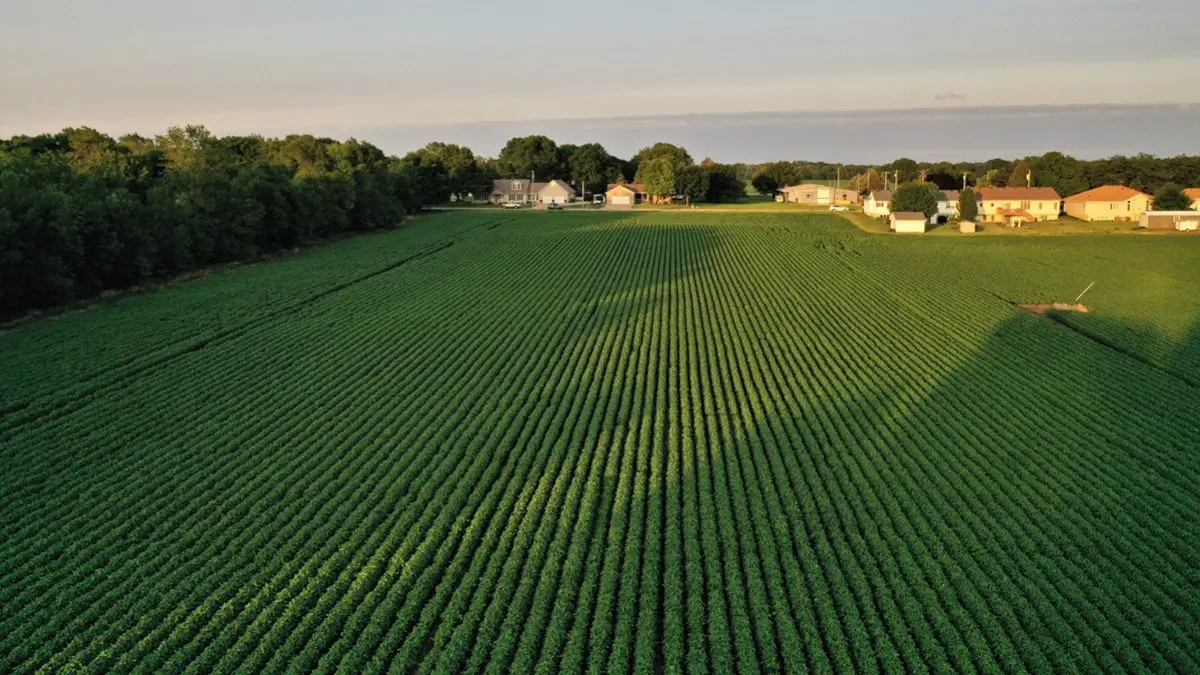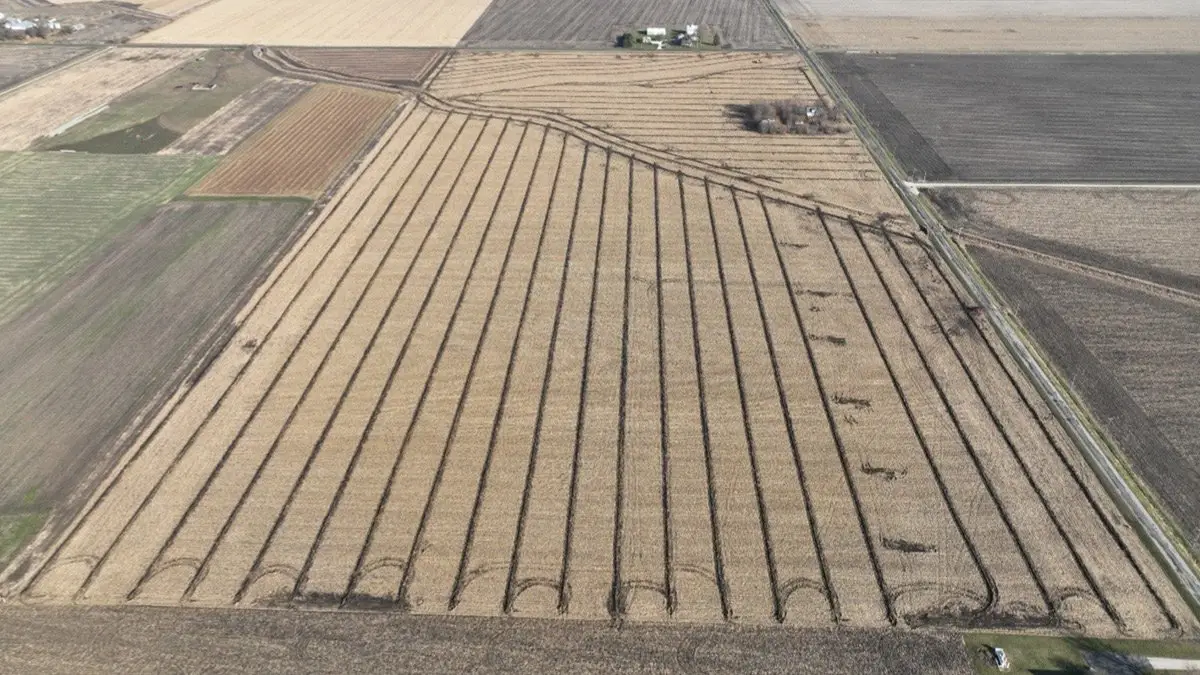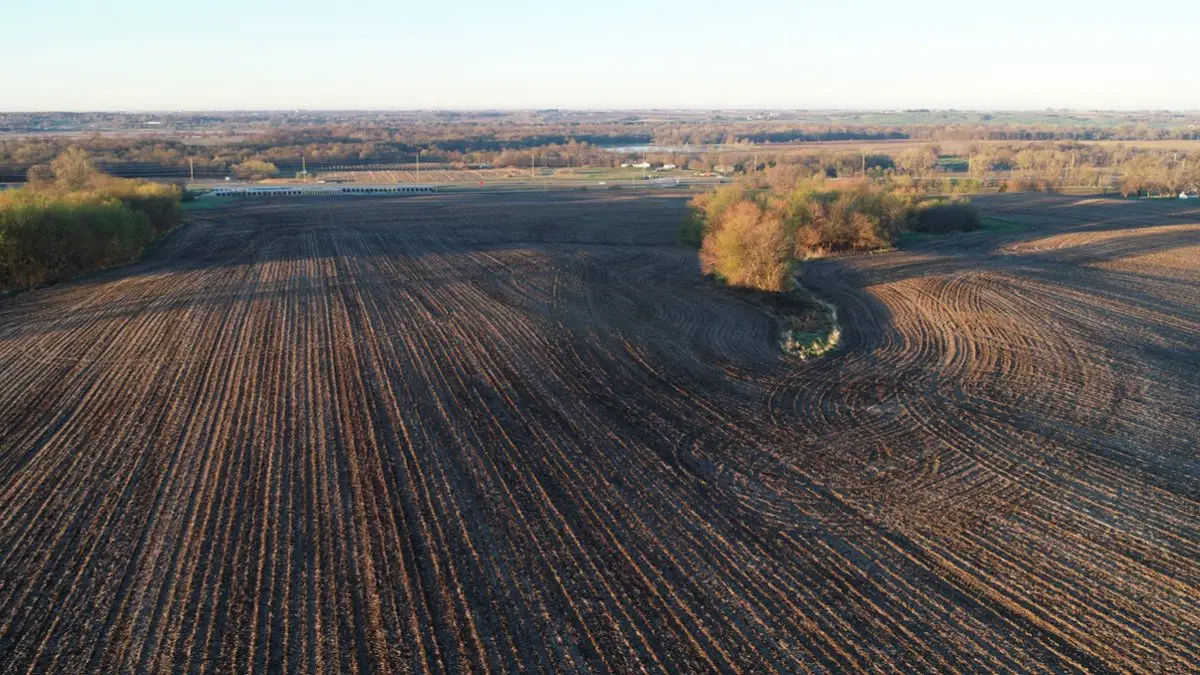In the realm of agricultural lending, the process of appraisal holds significant weight. It's not just about assessing the monetary value of land and assets; it's about understanding the intricacies of farming practices, environmental impacts, and the overall sustainability of agricultural operations. Agricultural appraisal ensures that lenders can make informed decisions while offering financial support to farmers, fostering growth in rural economies, and ensuring food security.
The Importance of Agricultural Appraisal
Agricultural appraisal serves multiple critical purposes in the lending process:
1. Assessing Collateral Value: For lenders, land and agricultural assets often serve as collateral. Appraisal helps determine the market value of these assets, which directly influences the amount of credit that can be extended to farmers.
2. Understanding Farm Viability: Beyond monetary value, an appraisal assesses the operational viability of the farm. Factors such as soil quality, water availability, infrastructure, and crop diversity are evaluated to gauge the farm's potential for sustainable production.
3. Environmental Considerations: Modern agricultural appraisal also takes into account environmental sustainability. Practices like soil conservation, water management, and biodiversity preservation are scrutinized to ensure that farming methods are in line with long-term ecological health.
4. Risk Mitigation: Lenders use appraisal to evaluate risks associated with agricultural loans. Understanding the farm's productivity, potential crop yields, and market conditions helps mitigate financial risks for both parties involved.
The Process of Agricultural Appraisal
The appraisal process typically involves several key steps:
1. Site Visit and Inspection: A qualified appraiser visits the farm to inspect the land, buildings, equipment (if applicable), and crops. They assess the condition of infrastructure, the quality of soil, and the overall state of the farm.
2. Market Analysis: Appraisers gather data on local market conditions, including land values, crop prices, and agricultural trends. This information provides context for determining the value of the farm's assets.
3. Income Analysis: For income-producing farms, the appraiser analyzes financial records to understand revenue streams, production costs, and profitability. This analysis helps assess the farm's ability to generate income and repay loans.
5. Comparison and Valuation: Using the gathered data, the appraiser compares the farm to similar properties in the region. They apply valuation techniques to determine the fair market value of the farm and its assets.
6. Reporting: Finally, the appraiser compiles their findings into a detailed report. This report includes a description of the property, the appraisal methodology used, valuation conclusions, and any recommendations or concerns.
Challenges and Considerations
Despite its importance, agricultural appraisal faces several challenges:
1. Specialized Knowledge: Appraising agricultural properties requires specialized knowledge of farming practices, rural economics, and environmental factors. Finding qualified appraisers with this expertise can be a challenge in some regions.
2. Subjectivity: Valuation of agricultural properties can be subjective, influenced by factors like regional market conditions and appraiser experience. Ensuring consistency and accuracy across different appraisals is crucial.
3. Changing Conditions: Agricultural markets and environmental conditions can change rapidly. Appraisers must account for these dynamic factors to provide an accurate assessment of farm value.
Conclusion
Agricultural appraisal in lending plays a vital role in supporting sustainable agriculture and rural development. By accurately assessing the value and viability of agricultural properties, lenders can make informed decisions that benefit both farmers and the broader community. As farming practices evolve and environmental considerations become more critical, the role of appraisal will continue to adapt to ensure responsible lending practices and sustainable agricultural growth.
In essence, the appraisal process is not just about numbers; it's about understanding the heartbeat of rural economies and ensuring that financial support is channeled in a way that nurtures both farms and communities for generations to come.







